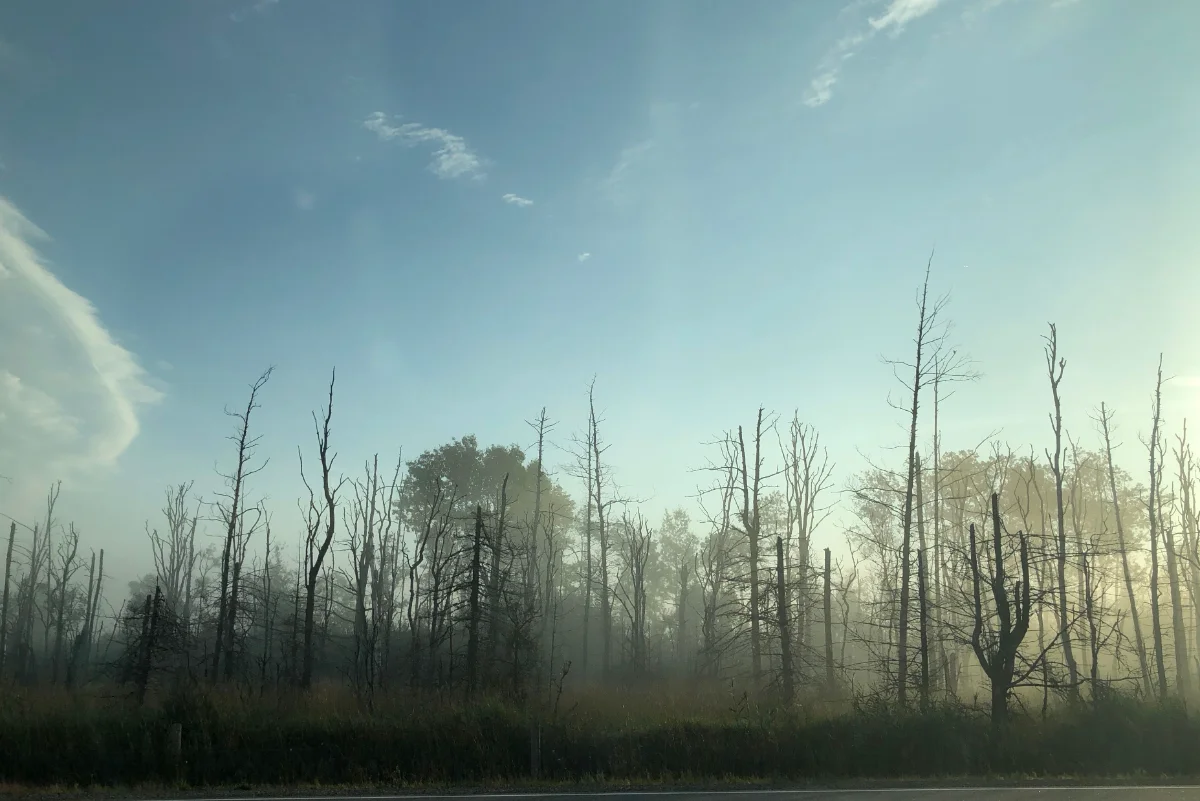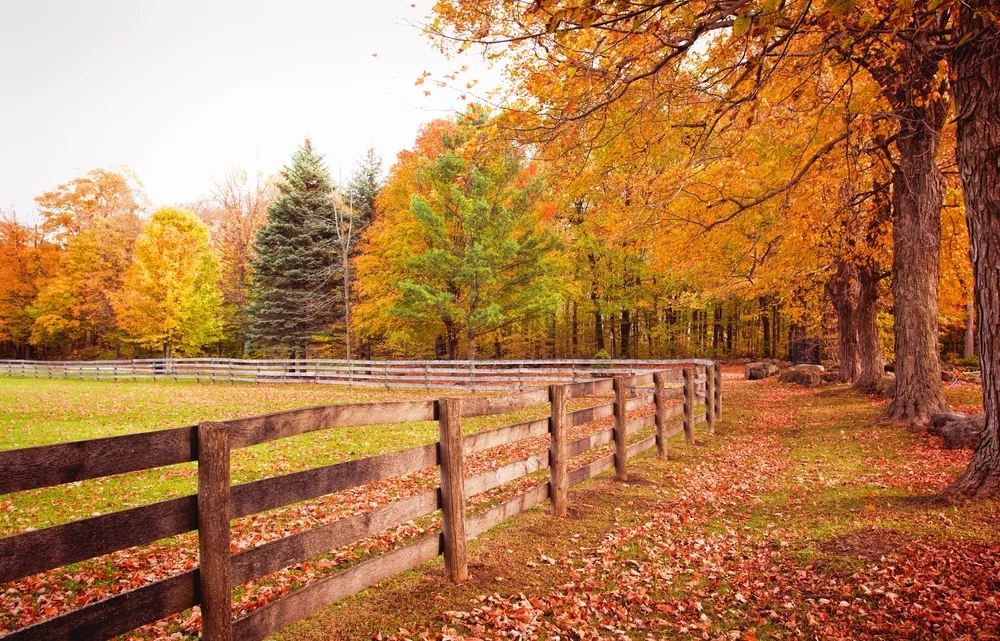What Exactly Is Considered a Short-Term Rental in Caledon
As of Sep 9, 2025 the city of Caledon, Ontario has been steadfast in their stance that short and long-term rentals within the city limits are banned. The city has though begun to move forward with a two phase plan to regulate the licensing and listing of rental properties within the town. The proposed residential rental licence bylaw introduces a “clear licensing system” that will allow the town to “identify, inspect and regulate rental properties.”
The key changes that are being proposed in the (current iteration) report are to replace the previous bylaw established in 1986 with a comprehensive licensing system for all types of residential rental properties.
- Mandatory Licensing: Both short-term and long-term rentals need to be licensed, not just the two-unit properties from before.
- Classification system: The new regulation introduces three classes of licences — multi-tenant units rented for more than 28 days; self-contained additional residential units (ARU) approved through a building permit for long- or short-term rentals; and short-term rentals in the owner’s primary residence rented for 28 consecutive days (or 180 nights per year) or less.
- Safety and standards: The proposed bylaw will act to ensure that all fire, building, property maintenance and professional standards are met by hosts and guests.
- Stronger enforcement: The town will gain new tools to enforce rules, including fines, demerit points, and the ability to suspend or revoke a licence.
- Short-term Rental Cap: There will initially be a hard cap of 300 short-term rental licenses that be put in place at any given time.
- There does not seem to be any restriction on long term licenses at this point.
Phased Rollout, Fee Structure and Definitions
The town of Caledon is proposing a two phase rollout of its new rental licensing program to ensure that the transition is smooth and seamless. Licences for all types of rentals will be valid for two years. Additionally, a separate fee will apply if the fire department is called to an inspection.
Phase one: Long-term Rentals
Beginning Fall 2025 the program will begin specifically focusing on long-term rentals.
- Multi-Tenant Housing: This includes homes or buildings rented out to more than one person for a period of time longer than 28 days.
- Additional Residential Units (ARUs): Self contained units like basement apartments and coach houses, which can be defined as “a smaller, detached secondary dwelling unit located on the same property”
For multi-tenant homes or ARU’s rented for more than the standard 28 days, the proposed licensing fee will be $350 with an annual renewal fee of $150. That being said landlords who apply within the initial 60 days of the program launch can get an introductory fee of $150.
- The report also indicates that the town’s Commissioner of Community Services does reserve the right to waive the previously mentioned applications fees if the landlord can provide proof of property affordability
- For 2025, the qualifying rent cannot exceed a maximum of $1163 for studio/bachelor units, $1624 for a one-bedroom and $1856 for two-bedroom units.
- These fees are subject to annual review and updates
- For 2025, the qualifying rent cannot exceed a maximum of $1163 for studio/bachelor units, $1624 for a one-bedroom and $1856 for two-bedroom units.
Phase two: Short-term Rentals
As of the spring of 2026 licenses will be required for primary residences within the town for 28 consecutive nights or less and a maximum limit of 180 nights per year. This phase will also introduce the aforementioned licensing cap and ordinances designed to manage the needs of the town in relation to the unique nature of the rental market.
For short-term rentals the standard licensing fee will be $500. Much like the long-term rental there will be an introductory rate of $250 will be available for those owners/hosts who apply within the initial 60 days of program launch.
- There is currently no specified renewal fee for short-term rentals although indications suggest that it will be similar to the offered introductory rate.
The town will be outsourcing the host compliance needs to a company called Granicus Host Compliance. They have been contracted by the town to manage short-term rentals, by monitoring the major online platforms to identify unlicensed operators and track compliance in accordance with the upcoming licensing rules.
Why Choose Guestable for Your Caledon Airbnb
- Best Revenue Optimization Strategies: Data-driven pricing to maximize earnings.
- Tailored Management Solutions: Customized plans to fit your goals.
- Client-Focused Communication: 24/7 availability, transparent updates.
- Dynamic Rental Approach: Expertise in both short- and mid-term markets, adjusting to seasonal trends.
Guest Experience & Ground Support: Local presence across all of Ontario ready to deliver a personal touch to both guests and hosts!
Why Caledon is so Exciting for both Guests and Hosts
Known for its breathtaking natural scenery, rolling hills and outdoor attractions like the Badlands in Cheltenham, Forks of the Credit Provincial Park and the beautiful Bruce Trail. Caledon draws in visitors from across the province year round – seeking a mix of adventure, relaxation and small-town charm. The proximity to the Greater Toronto Area makes it an easy get away for visitors from the city center while also having an international appeal for travelers looking for a truly captivating although quieter Ontario travel experience. Guests can enjoy local farmers markets, art galleries, outstanding golf courses, spas and a thriving food and beverage scene. Surrounded by the region’s rural beauty and outdoor opportunities.
For hosts, Caledon presents a market on the rise. With exciting new short-term rental legislation in development and mid-term stays being approved in the coming weeks, there is an exciting opportunity to join a growing and completely untapped market. The lack of current hotel supply paired with steady tourism demand makes these upcoming legislation changes make private rentals an increasingly attractive option for visitors. From cozy countryside farmhouses and retreats to larger family friendly homes in the beautiful smaller neighborhoods throughout the region, hosts will be well positioned to offer accommodations that meet a wide range of guest needs. As the ordinance continues to roll out, Caledon will continue to develop into a profitable and rewarding market for hosts while giving travelers memorable experiences rooted in nature, comfort and convenience.


